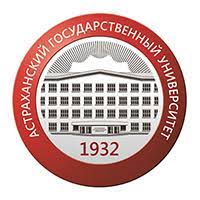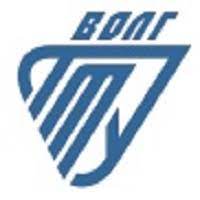UNIVAQ counts presently 23.000 students, 644 teachers-researchers, 504 administrative and technical staff. After the reform the 9 Faculties were transformed in 7 Departments which, besides research, provide Bachelor, Master and PhD Programmes in the areas Sciences, Medicine, Engineering, Humanities, Psychology, Economics, Educational Sciences, Sport Sciences, Biotechnologies. Research is developed in the Departments and in 2 Excellence Centres of Research (CETEMPS, DEWS), 3 interdepartmental Research Centres worldwide known.
UNIVAQ considers the international cooperation fundamental for the full participation in the EHEA and ERA. The policy aiming to become a reference point for a globalised knowledge world for higher education and research allowed the cooperation with Universities from EU and Third Countries. The centralised “International Project Office” supports academic staff in preparing and managing projects and disseminates results and experiences to the University bodies. The office, in cooperation with IRO, implemented several International projects in the fields of education, research and cooperation (LLP,international degrees, EMA2, EMA1, TEMPUS, ESF, Italy-France, EC-Canada, Marie Curie, FPs, Life, Interreg IIIA,B,C, IVC, etc.). The internationalisation gave rise to 6 international degrees, 1 Erasmus Mundus Master degree, 11 Erasmus Mundus Action 2, two as coordinator, (target countries in all continents).
The university currently is managing (as coordinator or partner) several FP7/Horizon projects and agreements with institutions from all over the world. Quality of degree courses in all the all the engineering topics (Energy, building techniques and materials, waste recycling, ...) represents a key part of research and teaching and a fundamental issue of public debate in the phase of the reconstruction of the town of L’Aquila after the earthquake of 2009. UNIVAQ is developing a quality assessment procedure following the ENQA guidelines and standards, and applying the TUNING, EUR-ACE methodologies in projecting the curricula









